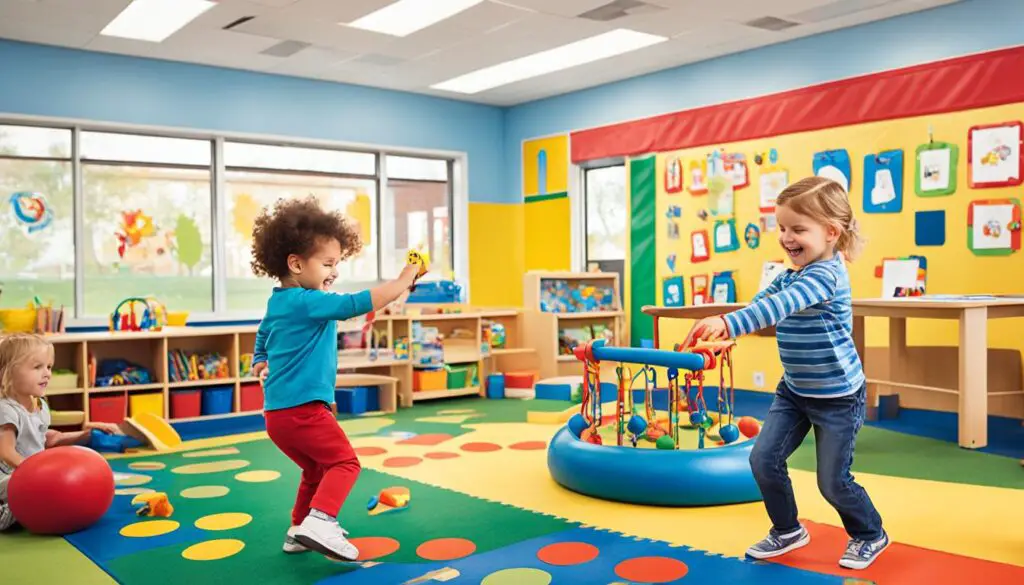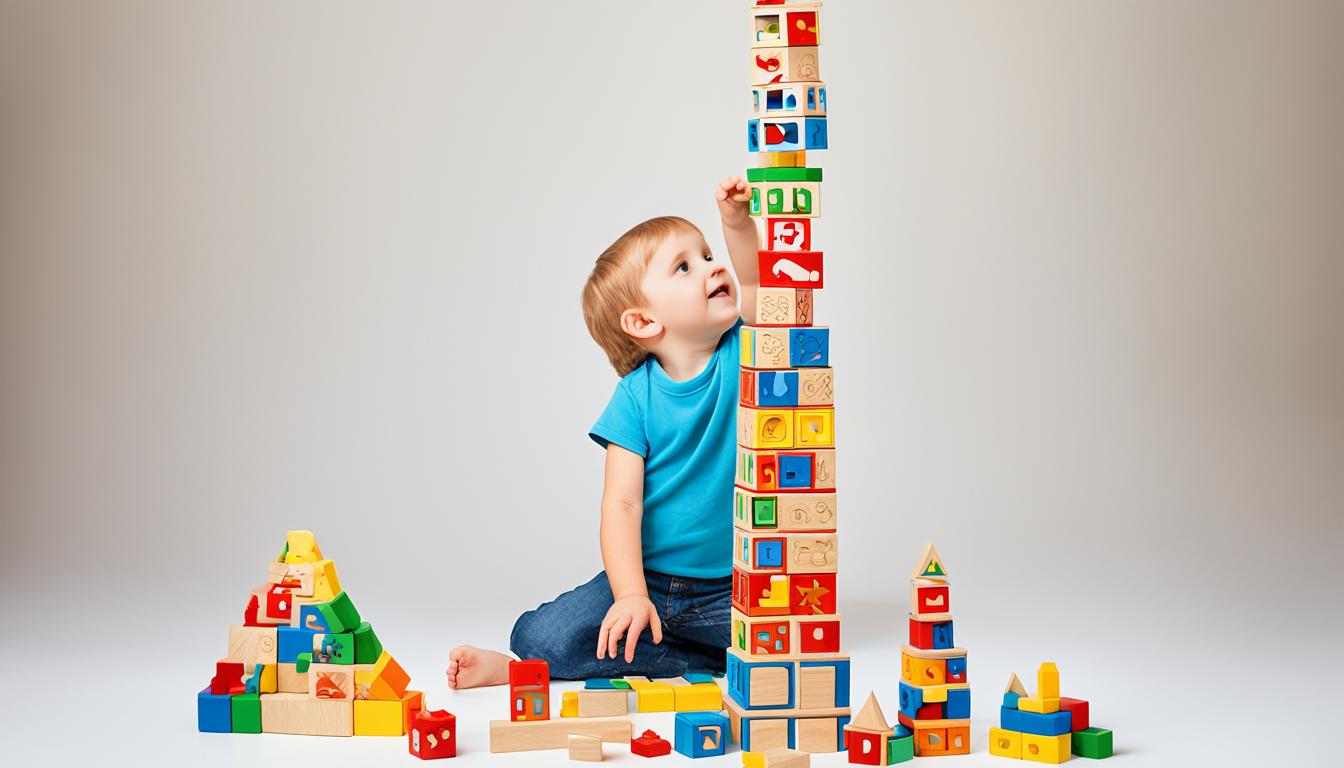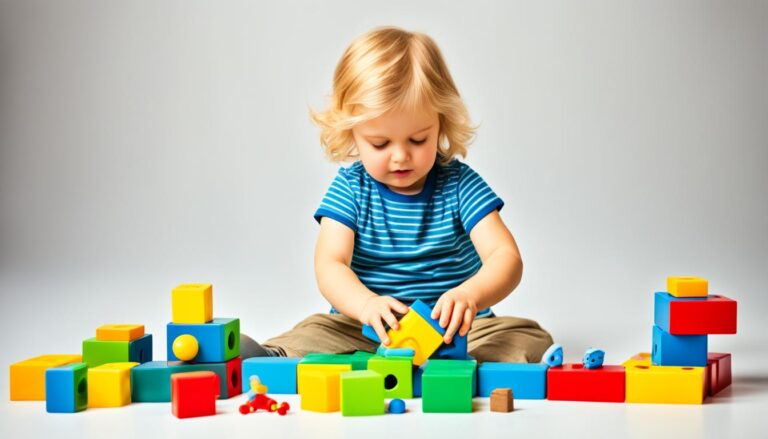Exploring Child Development Theory: Foundations and Applications
I am excited to embark on a journey to explore the fascinating field of child development theory. As parents, educators, and professionals, it is essential to understand how children grow, develop, and learn. By studying child development theory, we gain valuable insights into the foundations of a child’s development and can confidently apply this knowledge to support their well-being.
Child development theory provides us with a framework to understand the intricate processes and factors that shape a child’s growth. It encompasses various theoretical frameworks that offer unique perspectives on cognitive, socio-emotional, and physical development. From cognitive development theories, such as Piaget’s stages, to socio-emotional development theories like Erikson’s psychosocial stages, each offers valuable insights into different aspects of a child’s journey.
However, child development theory is not just an academic pursuit. Its applications are far-reaching and impactful. Parents can utilize this knowledge to create nurturing environments that foster their child’s development in all areas. Educators can tailor their teaching methods to cater to children’s diverse developmental needs. Professionals involved in intervention programs can design evidence-based practices that effectively support children with developmental delays or at-risk populations.
In conclusion, child development theory forms the bedrock of understanding how children grow, develop, and learn. By incorporating its principles into our practices in parenting, education, and intervention programs, we can optimize outcomes for children and ensure their holistic development. Let’s explore the foundations and applications of child development theory to empower future generations.
Key Takeaways:
- Child development theory provides insights into how children grow, develop, and learn.
- It encompasses various theoretical frameworks, including cognitive and socio-emotional development theories.
- The applications of child development theory are vast, ranging from parenting to education and intervention programs.
- By applying evidence-based practices derived from child development theory, professionals can promote positive outcomes for children’s growth and development.
- Understanding child development theory is crucial for supporting children’s overall well-being and optimizing their outcomes.
Theoretical Frameworks in Child Development Theory
Child development theory encompasses various theoretical frameworks that offer different perspectives on how children grow and develop. These frameworks provide valuable insights into the cognitive and socio-emotional aspects of child development, shedding light on the intricate processes that shape children’s growth.
Cognitive Development Theories
Piaget’s stages of cognitive development is one of the most prominent and influential theories in child development. It proposes that children progress through distinct stages as they build their understanding of the world. From the sensorimotor stage (0-2 years) to the formal operational stage (adolescence), Piaget’s theory highlights the gradual formation of mental representations, logical reasoning abilities, and problem-solving skills.
Erikson’s psychosocial stages offer a valuable perspective on the socio-emotional aspects of child development. This theory emphasizes the importance of social interactions and the development of a sense of identity. From the trust-versus-mistrust stage (infancy) to the integrity-versus-despair stage (late adulthood), Erikson’s theory recognizes the social and emotional challenges individuals face at each developmental stage.
Attachment Theory and Ecological Systems Theory
Attachment theory, developed by John Bowlby, focuses on the emotional bond between children and their caregivers. It highlights the significance of secure attachments in promoting healthy socio-emotional development and lays the foundation for future relationships and well-being.
Ecological systems theory, proposed by Urie Bronfenbrenner, takes a broader perspective by examining the influence of various environmental factors on child development. This theory recognizes the impact of the microsystem (immediate environment), mesosystem (interactions between microsystems), exosystem (indirect influence), and macrosystem (cultural and societal factors) on children’s development.
“Theoretical frameworks in child development theory provide valuable insights into children’s cognitive and socio-emotional development. These frameworks, such as Piaget’s stages of cognitive development and Erikson’s psychosocial stages, offer different perspectives on how children grow and learn. By understanding these theories, we can better support children’s development and provide them with appropriate learning experiences.”
– Dr. Jane Williams, Child Development Expert
Comparative Table: Cognitive and Socio-Emotional Development Theories
| Theory | Main Focus | Key Stages |
|---|---|---|
| Piaget’s stages of cognitive development | Cognitive development |
|
| Erikson’s psychosocial stages | Socio-emotional development |
|
| Attachment theory | Emotional bond with caregivers | N/A |
| Ecological systems theory | Influence of environmental factors | N/A |
Applications of Child Development Theory
Child development theory has practical applications in various domains, including parenting, education, and intervention programs. Understanding the principles of child development theory can guide parents in creating nurturing and supportive environments for their children, fostering their physical, cognitive, and socio-emotional development.
In the realm of parenting, knowledge of child development theory enables parents to make informed decisions about providing appropriate stimulation, setting realistic expectations, and promoting healthy routines. By understanding the developmental milestones of their children, parents can tailor their interactions and educational activities to support their growth and learning.
In the field of education, teachers can apply child development theory to design developmentally appropriate curriculum and instructional strategies that meet the needs of children at different stages of development. By considering the cognitive, social, and emotional abilities of their students, educators can create engaging learning experiences and help children reach their full potential.
Child development theory also plays a crucial role in intervention programs aimed at supporting children with developmental delays or at-risk populations. By utilizing evidence-based practices derived from child development theory, professionals can design targeted interventions that address specific areas of concern. These programs provide a structured and supportive environment to help children overcome challenges and enhance their overall development.
Overall, the applications of child development theory extend beyond theoretical frameworks. By applying these principles to parenting, education, and intervention programs, we can effectively promote positive outcomes for children’s growth and development.

Conclusion
In conclusion, child development theory provides a comprehensive understanding of the factors and processes that shape children’s development. By studying and applying this theory, we gain valuable insights into how children grow, learn, and thrive.
Child development theory serves as a foundation for parenting, education, and intervention programs. It equips parents with knowledge and strategies to create nurturing and supportive environments that foster their children’s physical, cognitive, and socio-emotional development.
In the field of education, child development theory guides teachers in designing curriculum and instructional strategies that are developmentally appropriate and meet the unique needs of each child. It helps us recognize that children progress through different stages and require varied approaches to learning.
Moreover, child development theory plays a crucial role in intervention programs, enabling professionals to design effective strategies and interventions for children with developmental delays or at-risk populations. By applying evidence-based practices derived from child development theory, we can optimize outcomes and support children in reaching their full potential.
FAQ
What is child development theory?
Child development theory is a field of study that helps us understand how children grow, develop, and learn. It provides a framework for supporting healthy development and enhancing children’s well-being.
What are the different theoretical frameworks in child development theory?
Child development theory encompasses various theoretical frameworks, including cognitive development theories like Piaget’s stages of cognitive development, socio-emotional development theories like Erikson’s psychosocial stages, attachment theory, and ecological systems theory.
How can child development theory be applied in parenting?
Understanding child development theory can help parents create nurturing and supportive environments for their children, fostering their physical, cognitive, and socio-emotional development.
How is child development theory applicable in education?
Teachers can apply child development theory to design developmentally appropriate curriculum and instructional strategies that meet the needs of children at different stages of development.
In what ways does child development theory inform intervention programs?
Child development theory informs the design and implementation of intervention programs that aim to support children with developmental delays or at-risk populations, ensuring evidence-based practices are used for positive outcomes.






